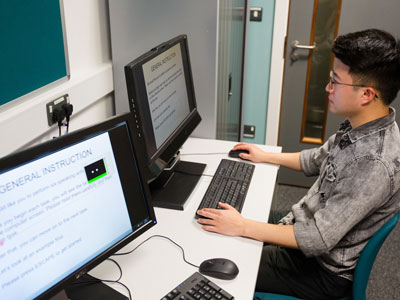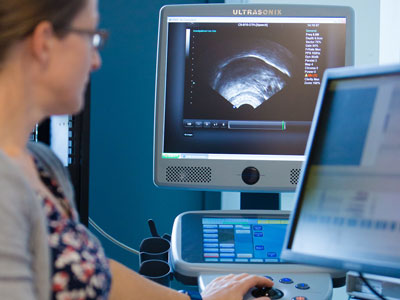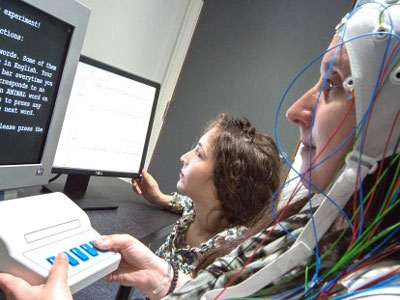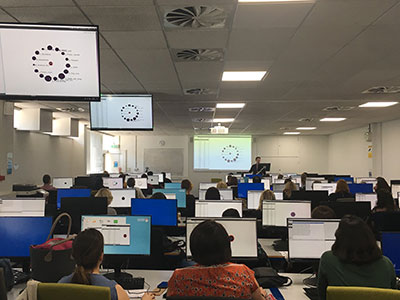Digital Media Studio
All students in the Sociology Discipline, including at both undergraduate and graduate programs, are automatically registered and able to access technology from the Digital Media Studio. Equipment that comprises this studio enhances how students and staff engage with cultural theories and practical skills to meet the aims of producing critical and digitally literate citizens.






